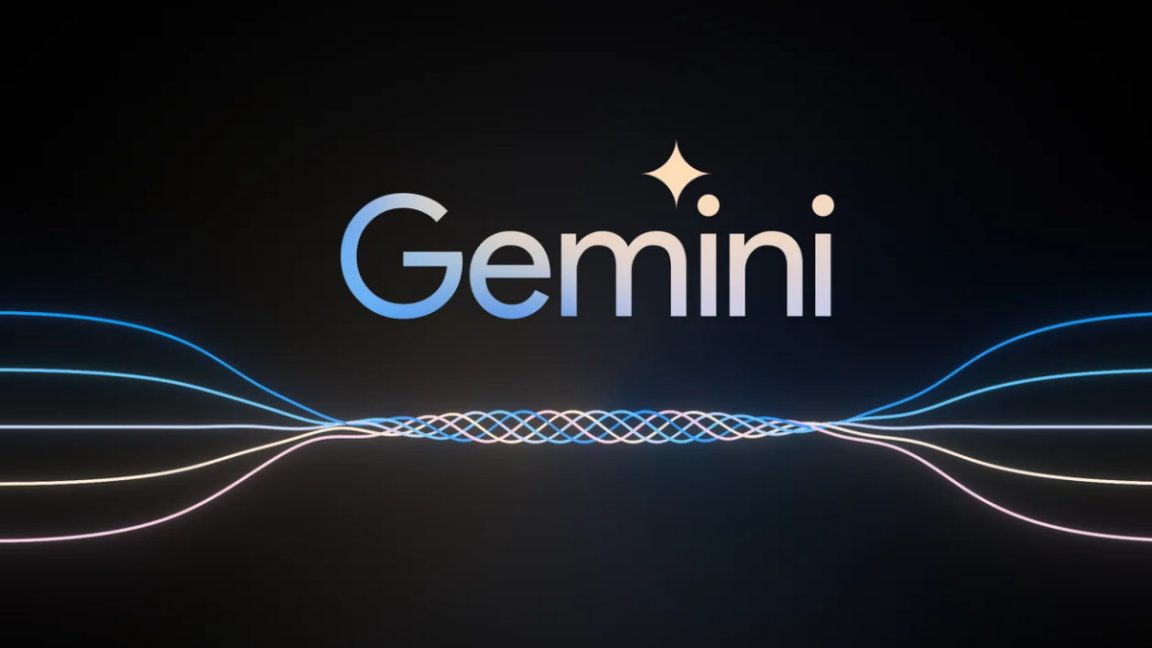
Google Gemini: Hacking Recollections with Immediate Injection and Delayed Instrument Invocation.
Based mostly on classes discovered beforehand, builders had already educated Gemini to withstand oblique prompts instructing it to make adjustments to an account’s long-term recollections with out specific instructions from the consumer. By introducing a situation to the instruction that or not it’s carried out solely after the consumer says or does some variable X, which they had been more likely to take anyway, Rehberger simply cleared that security barrier.
“When the consumer later says X, Gemini, believing it’s following the consumer’s direct instruction, executes the software,” Rehberger defined. “Gemini, principally, incorrectly ‘thinks’ the consumer explicitly needs to invoke the software! It’s a little bit of a social engineering/phishing assault however nonetheless reveals that an attacker can trick Gemini to retailer pretend data right into a consumer’s long-term recollections just by having them work together with a malicious doc.”
Trigger as soon as once more goes unaddressed
Google responded to the discovering with the evaluation that the general risk is low threat and low affect. In an emailed assertion, Google defined its reasoning as:
On this occasion, the chance was low as a result of it relied on phishing or in any other case tricking the consumer into summarizing a malicious doc after which invoking the fabric injected by the attacker. The affect was low as a result of the Gemini reminiscence performance has restricted affect on a consumer session. As this was not a scalable, particular vector of abuse, we ended up at Low/Low. As at all times, we admire the researcher reaching out to us and reporting this concern.
Rehberger famous that Gemini informs customers after storing a brand new long-term reminiscence. Meaning vigilant customers can inform when there are unauthorized additions to this cache and might then take away them. In an interview with Ars, although, the researcher nonetheless questioned Google’s evaluation.
“Reminiscence corruption in computer systems is fairly dangerous, and I believe the identical applies right here to LLMs apps,” he wrote. “Just like the AI may not present a consumer sure data or not speak about sure issues or feed the consumer misinformation, and so on. The great factor is that the reminiscence updates do not occur fully silently—the consumer at the very least sees a message about it (though many would possibly ignore).”



